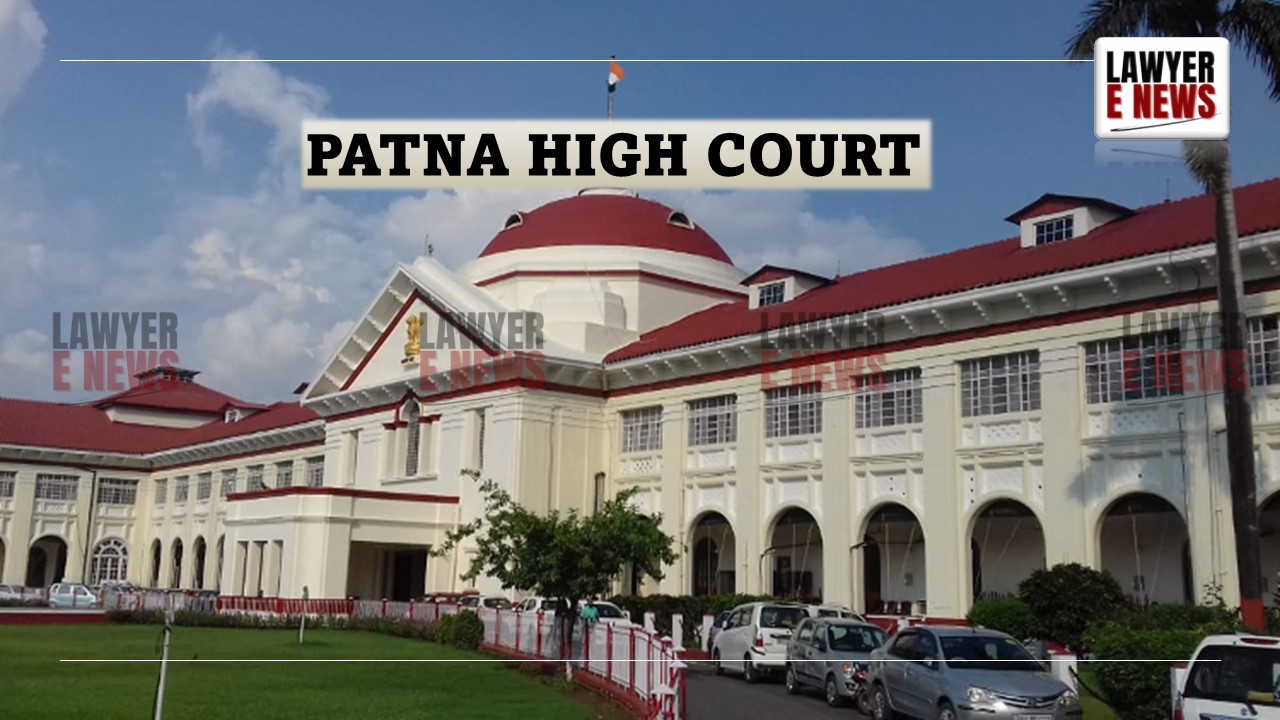-
by Admin
15 February 2026 5:01 PM



Patna: The High Court of Patna has ruled that oral evidence can be admitted to correct misdescriptions of property boundaries in sale deeds, setting aside lower court orders that debarred such cross-examinations. This landmark judgment by Justice Arun Kumar Jha reinforces the exceptions provided under Sections 91 and 92 of the Indian Evidence Act, 1872.
The case stemmed from a civil miscellaneous petition filed by Radhe Yadav under Article 227 of the Constitution of India, challenging orders from the Munsif-I, Munger, which disallowed cross-examination on boundary misdescriptions in a sale deed. Radhe Yadav sought a review of these orders in the context of a title suit aimed at establishing ownership and possession of land where the plot number had been incorrectly mentioned in the sale deed.
Justice Arun Kumar Jha highlighted the court’s role in addressing genuine mistakes in property descriptions, stating, “When there is an allegation about the misdescription of a plot number in the sale deed, oral evidence as to its contents is admissible under Proviso (1) of Section 92 of the Indian Evidence Act.” The court underscored that such mistakes should be genuine and accidental, allowing for oral evidence to prove and rectify these errors.
The judgment provided a detailed analysis of Sections 91 and 92, explaining their application and exceptions. Section 91 excludes oral evidence when the terms of a document are to be proved, while Section 92 prohibits oral evidence to contradict, vary, add to, or subtract from the terms of a written contract. However, Proviso (1) of Section 92 allows exceptions for proving mistakes, fraud, or other factors that invalidate a document.
The court reasoned that the trial court had erroneously applied Sections 91 and 92, failing to recognize the exceptions for genuine mistakes in property descriptions. Justice Jha referred to several precedents, including Sheodhyan Singh v. Musammat Sanichara Kuer (AIR 1963 SC 1879), which supported the admissibility of oral evidence to correct misdescriptions in property documents.
“Oral evidence is admissible to prove that the expression of the contract was contrary to the concurrent intention of all the parties due to a common mistake,” remarked Justice Arun Kumar Jha. This quote encapsulates the court’s stance on allowing rectifications through oral testimony in cases of genuine misdescription.
The High Court’s decision to allow the civil miscellaneous petition and set aside the orders from the trial court underscores the judiciary’s commitment to ensuring that genuine mistakes in legal documents can be rectified to reflect the true intent of the parties involved. This judgment is expected to have significant implications for future cases involving property disputes and misdescriptions in sale deeds.
Date of Decision: June 26, 2024
